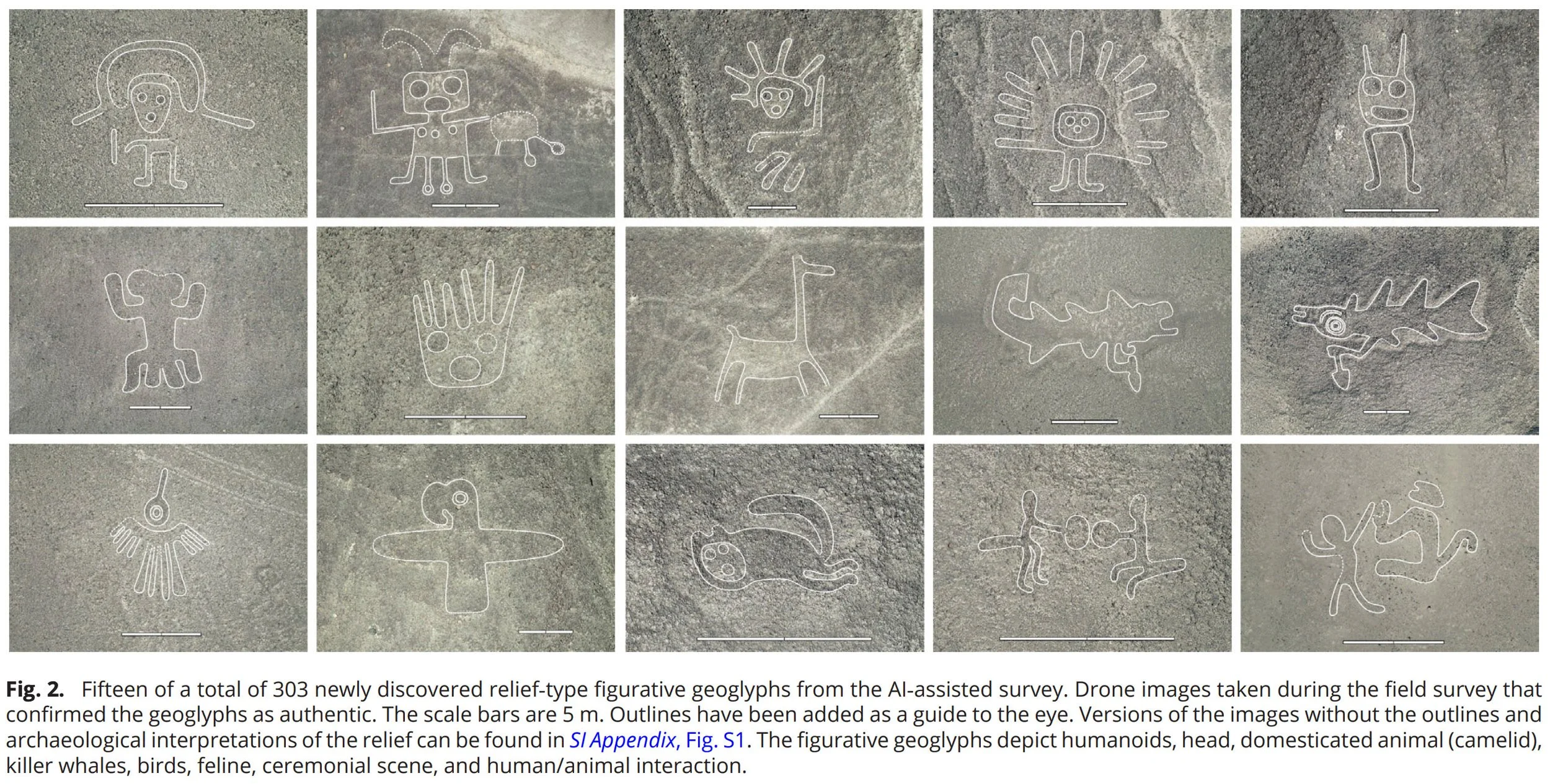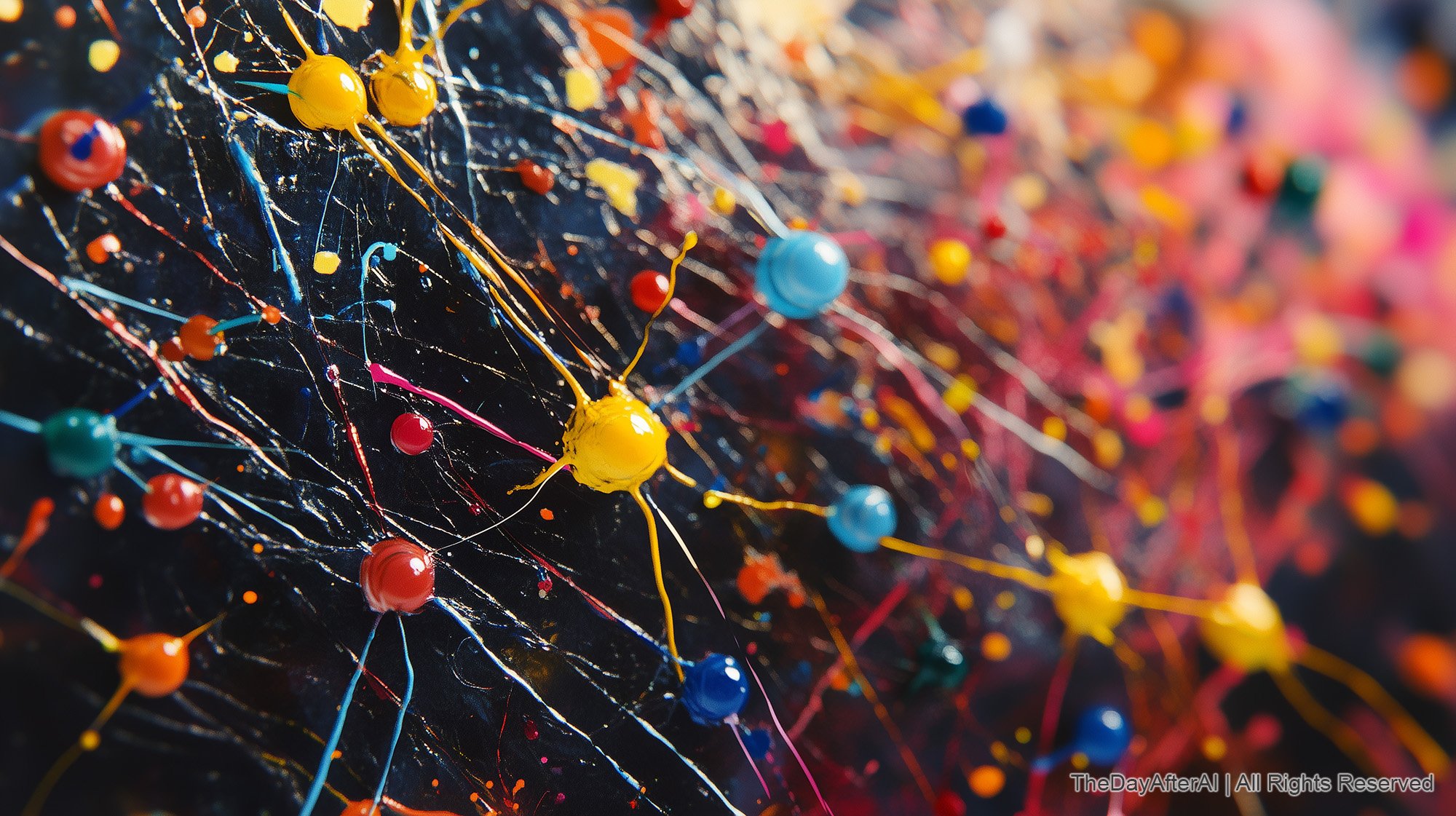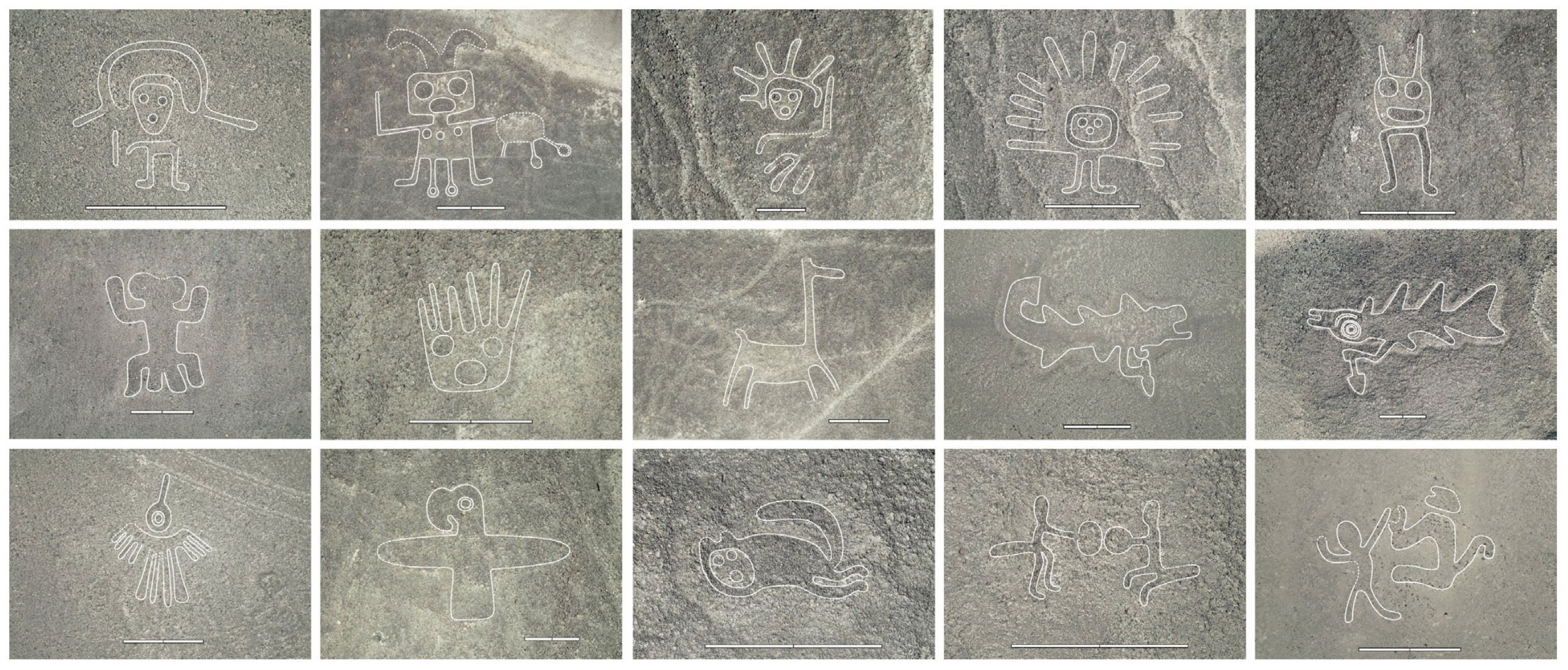AI Unlocks Ancient Secrets, Decodes Whale Speak, and Revolutionizes Science in 2024
Image Source: Yamagata University
Artificial Intelligence continues to redefine the boundaries of scientific discovery, making significant strides in fields ranging from archaeology to marine biology and biomedicine. This year alone has seen AI not only unlock ancient secrets but also earn prestigious accolades for its transformative impact.
[Read More: AI Unfolds Butterfly Secrets: A New Perspective on Evolutionary Science]
Decoding the Herculaneum Scrolls with Advanced AI
The charred remains of the Herculaneum scrolls, ancient manuscripts preserved by the eruption of Mount Vesuvius in AD 79, have long been inaccessible due to their fragile state. However, in 2023, a team of researchers leveraged AI combined with high-resolution X-ray imaging to decode over 2,000 characters from these brittle documents. This pioneering effort, part of the Vesuvius Challenge—a competition aimed at accelerating the deciphering process—has unveiled the first complete passages from these scrolls, offering unprecedented insights into ancient Rome and Greece.
Brent Seales, a computer science professor at the University of Kentucky, highlighted the AI’s role in enhancing ink visibility,
“The AI amplifies the readability of the ink traces hidden within the complex carbonized papyri, allowing us to discern the underlying Greek and Latin scripts”.
The researchers aim to unlock 90% of four scrolls by the end of 2024, overcoming challenges such as virtually flattening the scrolls and differentiating ink from the damaged papyrus.
[Read More: Unlocking Earth’s Secrets: Stanford’s SandAI Tool Reveals the History of Sand Grains]
AI Honoured with Nobel Prize for Pioneering Machine Learning
In a landmark recognition, the Nobel Committee awarded the 2024 Physics Prize to John Hopfield and Geoffrey Hinton for their foundational contributions to machine learning. Their work has been instrumental in shaping the current landscape of artificial intelligence, enabling advancements across various scientific disciplines.
AI, often misunderstood, strives to replicate human cognitive functions to solve complex problems. It employs diverse computational techniques, utilizing large datasets to train algorithms that identify patterns and make informed predictions. Despite its potential, AI also presents challenges, such as perpetuating biases in systems like hiring and policing, which can lead to discriminatory outcomes.
Nonetheless, the scientific community acknowledges AI’s transformative power. A survey by Nature revealed that over half of 1,600 scientists consider AI tools essential to modern research, although concerns about the reproducibility of AI-based studies persist, as noted by the UK’s Royal Society.
[Read More: AI's Game-Changing Role in 2024 Nobel Prizes: Physics and Chemistry Redefined]
AI Breaks the Code of Whale Communication
In the depths of the Caribbean Sea, AI is unraveling the complex communication patterns of sperm whales. By analyzing nearly 9,000 recorded click sequences, known as codas, from around 60 whales, researchers have identified distinct patterns akin to human phonetics. This breakthrough, achieved through machine learning, has the potential to pave the way for interspecies communication.
The study revealed 18 rhythm types, five tempo variations, three rubato styles, and two ornamentation forms within the codas, suggesting a vast repertoire of possible phrases. While machine learning excels at pattern recognition, understanding the semantic meaning behind these clicks remains a future challenge. The next phase involves interactive experimentation with whales and behavioral observations to decode the syntax of their communication.
AI Unearths New Archaeological Treasures in the Nazca Desert
Artificial Intelligence is revolutionizing archaeology, particularly in the remote expanses of Peru’s Nazca Desert. A collaborative effort led by Professor Masato Sakai of Yamagata University and involving IBM’s Thomas J. Watson Research Center has successfully doubled the known number of Nazca geoglyphs.
Using an object detection AI model trained on high-resolution images of 430 mapped symbols, the team scoured the desert for additional figures. Between September 2022 and February 2023, the AI identified 47,000 potential sites, which were subsequently narrowed down to 1,309 high-potential candidates through rigorous screening. This method significantly accelerates the discovery process in challenging terrains.
Amina Jambajantsan of the Max Planck Institute emphasized AI’s potential in archaeology,
“Despite current limitations in accuracy, AI can greatly enhance the search for archaeological sites in harsh environments”.
[Read More: Unearthing Eternity: AI's Pivotal Role in Rediscovering the Epic of Gilgamesh]
AI Transforms Protein Research and Biomedical Science
In the realm of biomedicine, AI is decoding the fundamental building blocks of life with unprecedented speed and accuracy. The AlphaFold Protein Structure Database, developed by Demis Hassabis and John Jumper at Google DeepMind, has revolutionized protein structure prediction. As of 2024, the database provides models for nearly 200 million proteins, serving as an indispensable tool for over two million researchers globally.
AlphaFold’s ability to predict protein structures from amino acid sequences has accelerated advancements in biology and medicine, earning Hassabis and Jumper a share of the 2024 Nobel Prize in Chemistry. However, the tool has limitations, particularly in predicting the effects of mutations in proteins, such as those linked to early-onset breast cancer.
Beyond AlphaFold, AI is driving efforts to map every cell type in the human body and discover new drug molecules, including antibiotics targeting drug-resistant bacteria. These innovations underscore AI’s critical role in tackling some of biology’s most pressing challenges.
[Read More: Revolution in Protein Design: How EvolutionaryScale's ESM3 Is Reshaping Biotech]
License This Article
Source: CNN, Yamagata University












